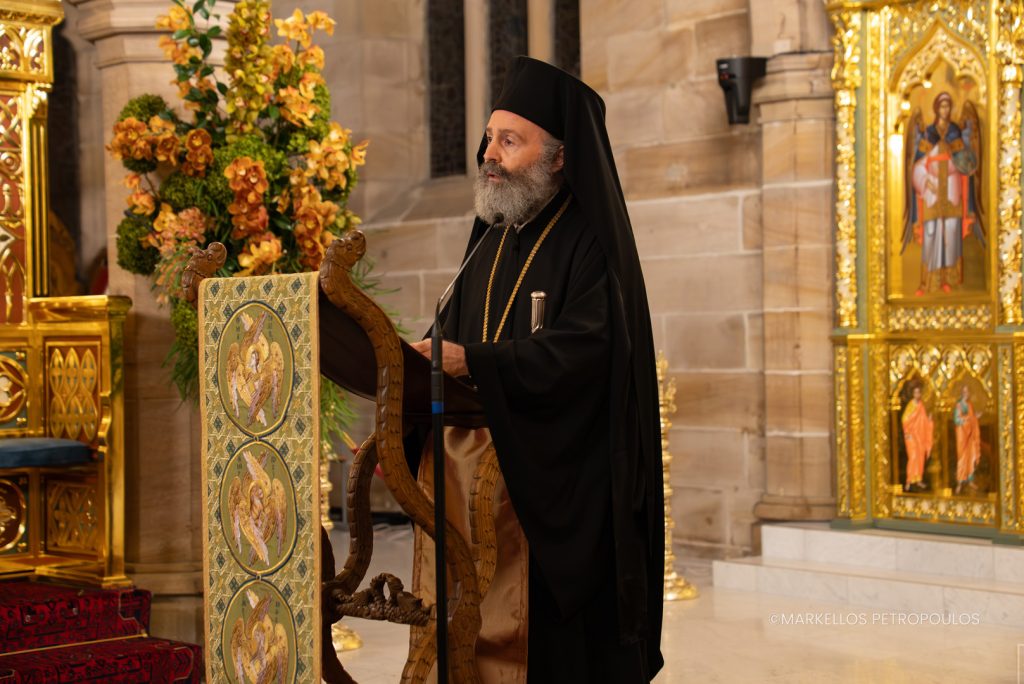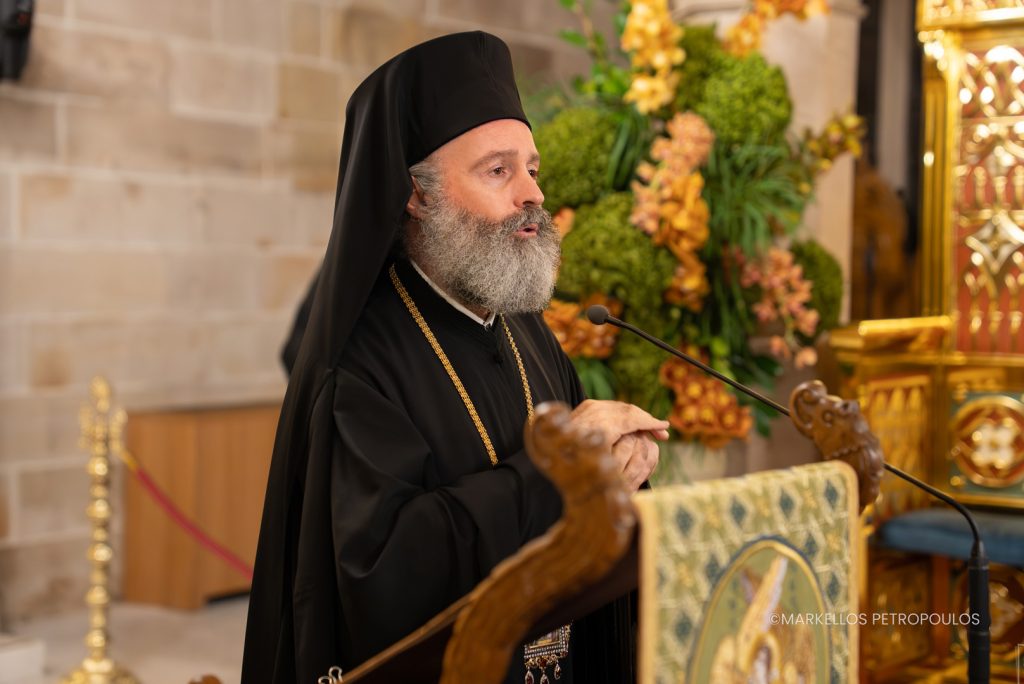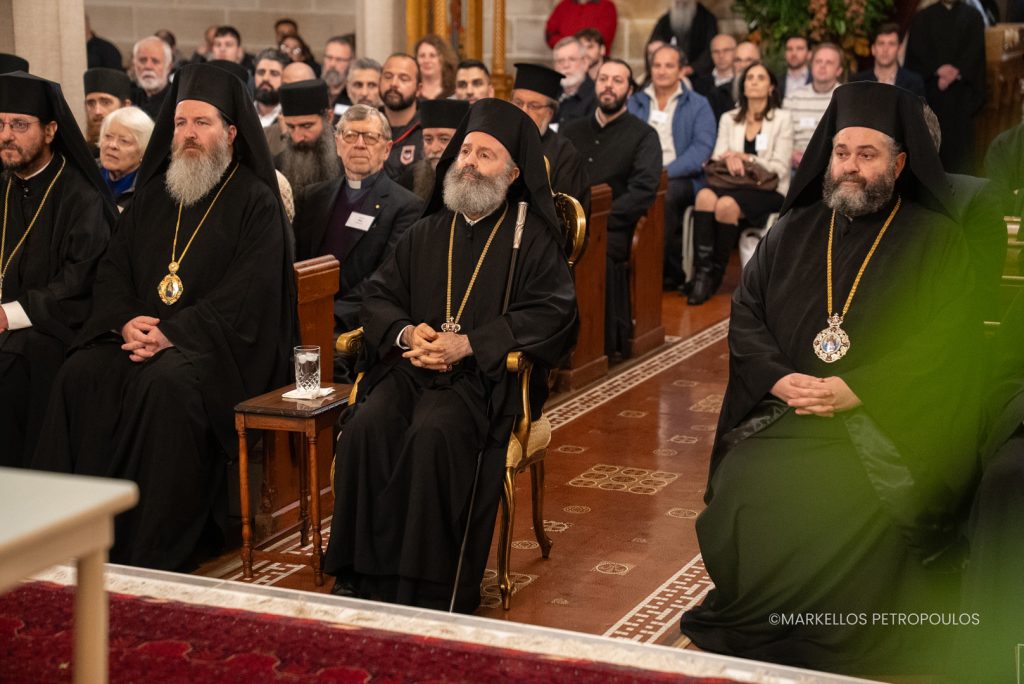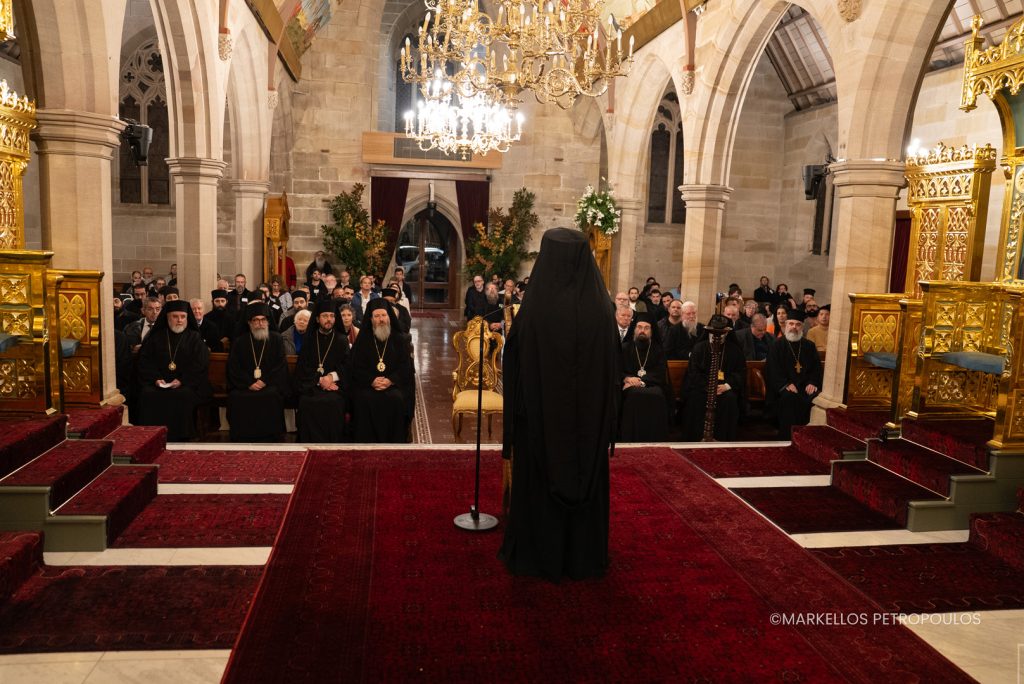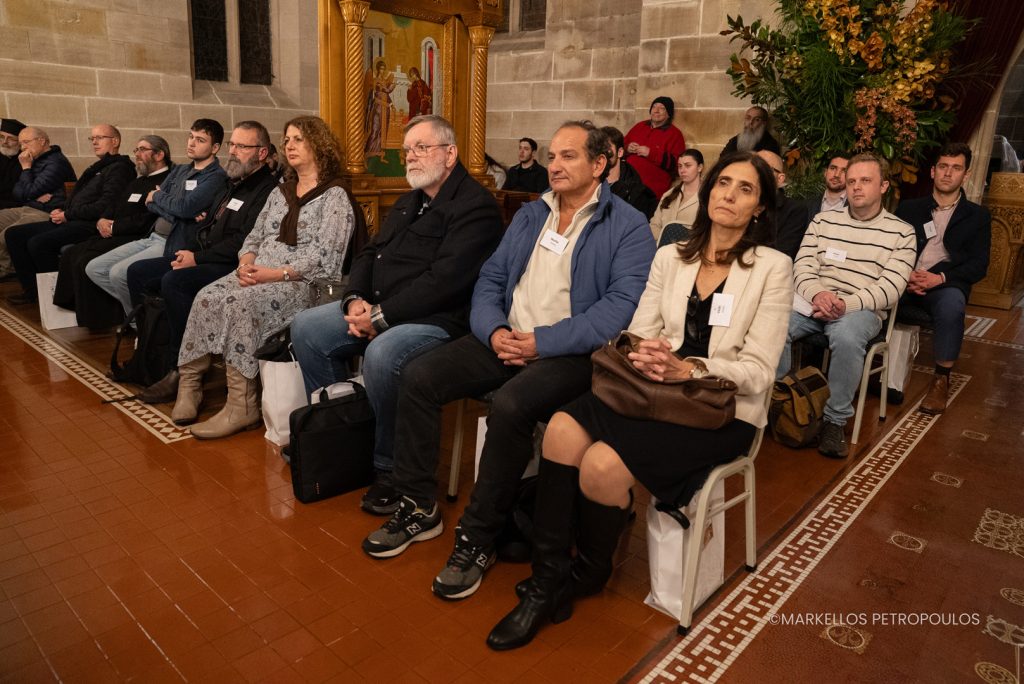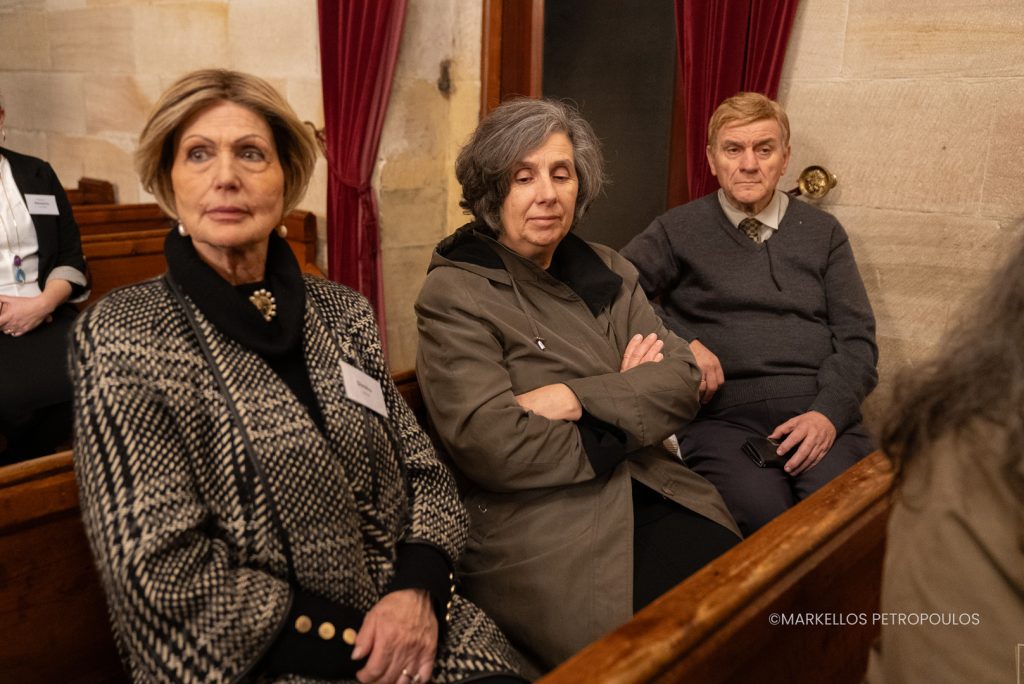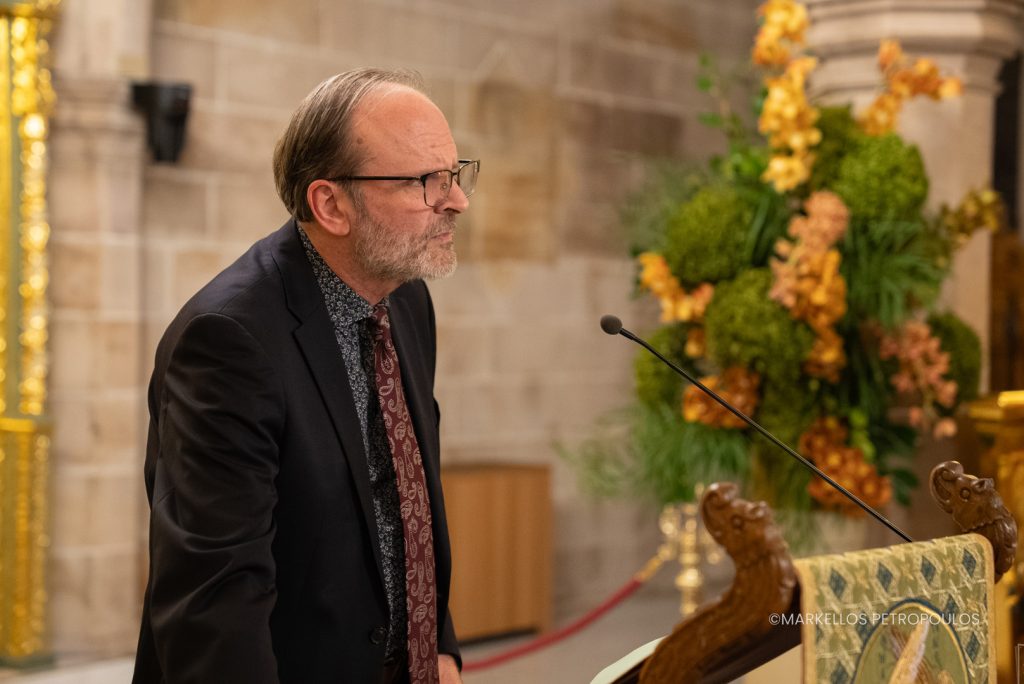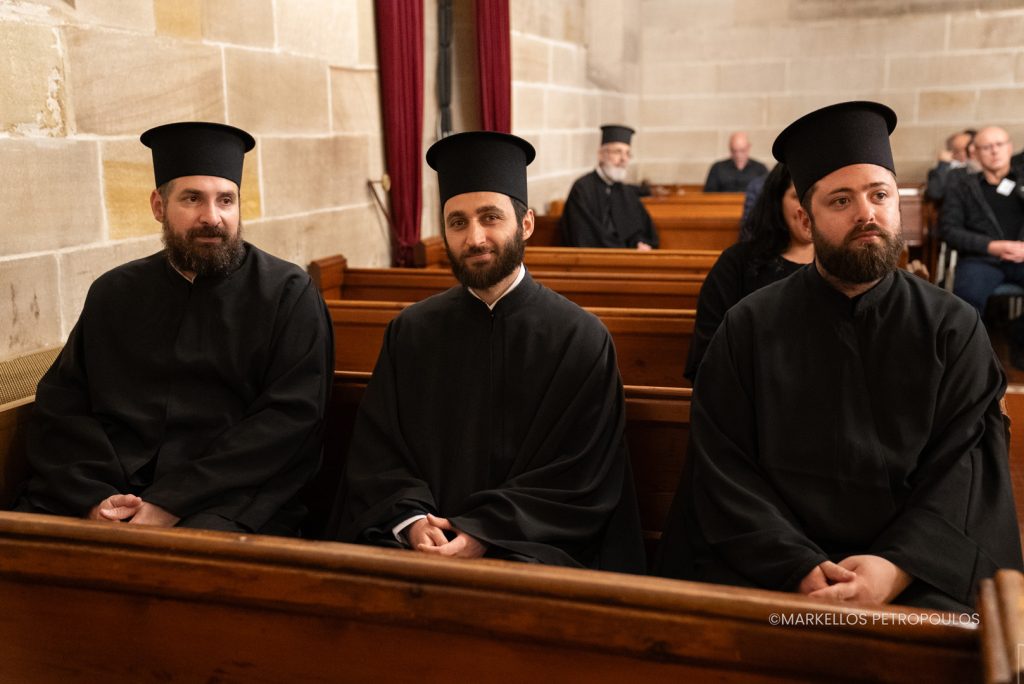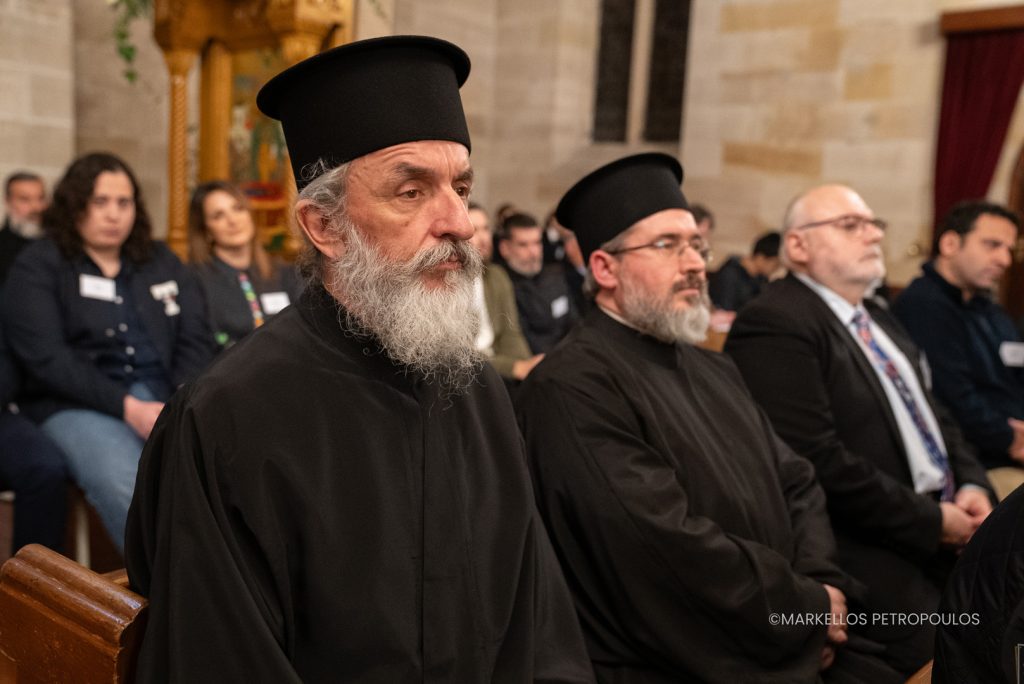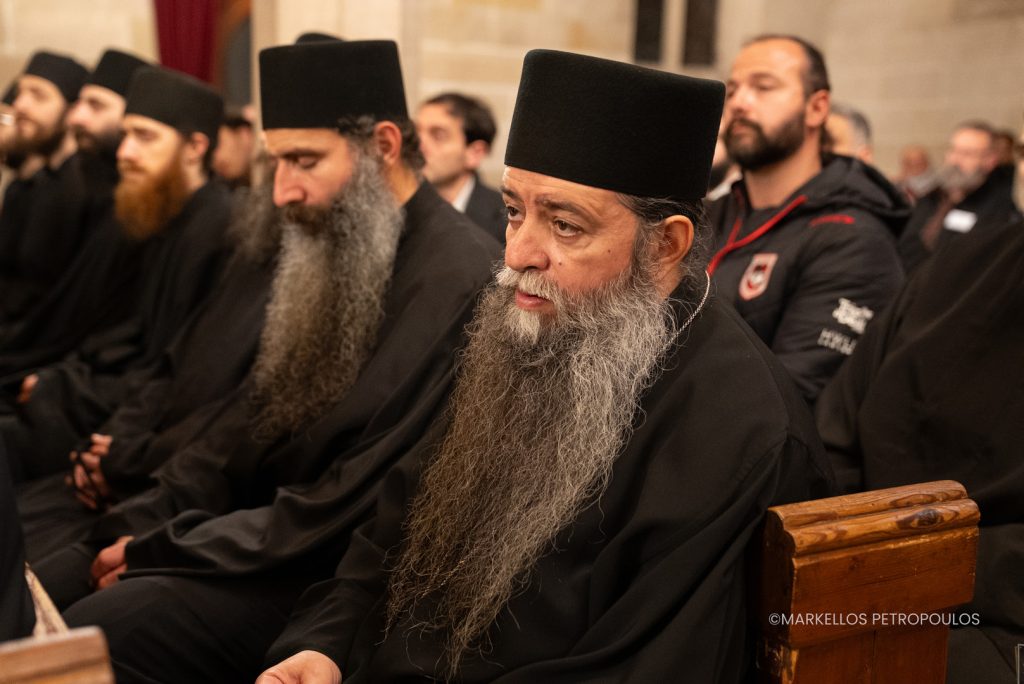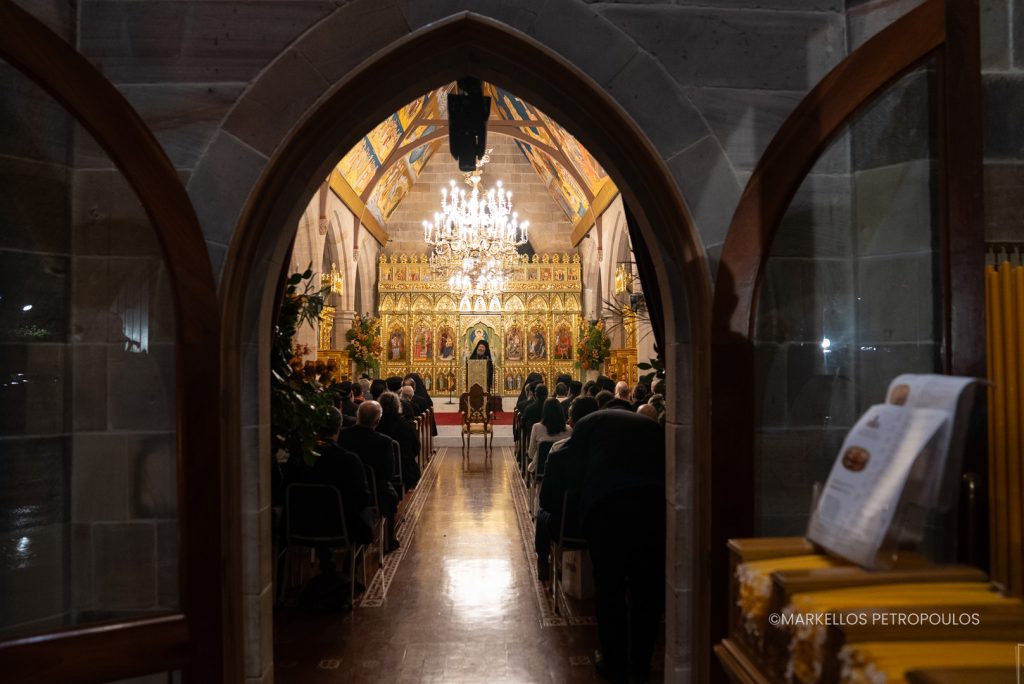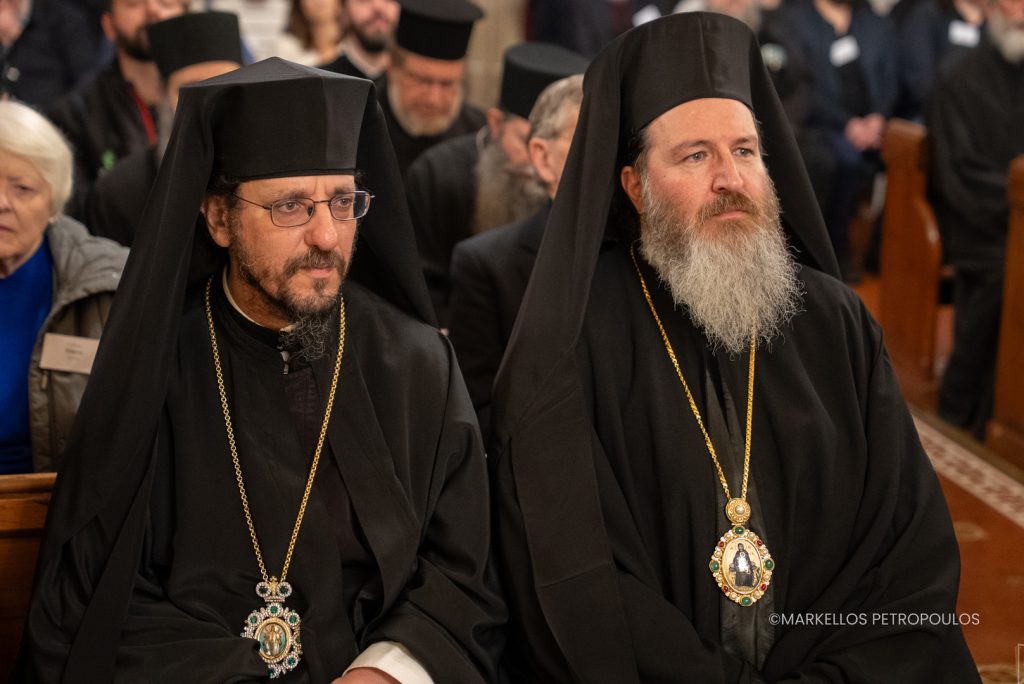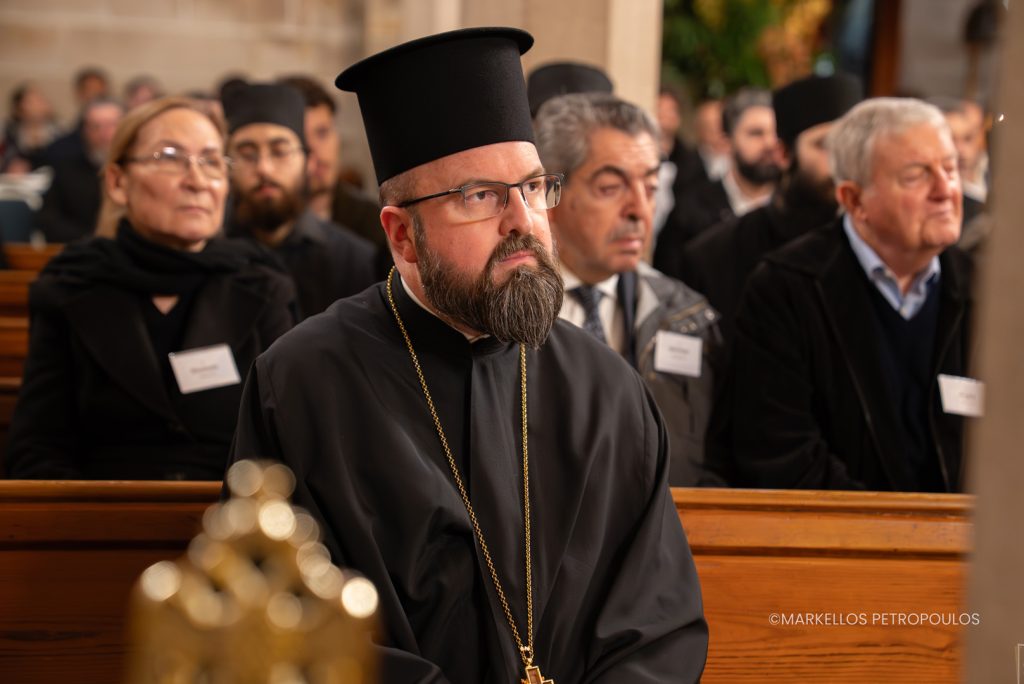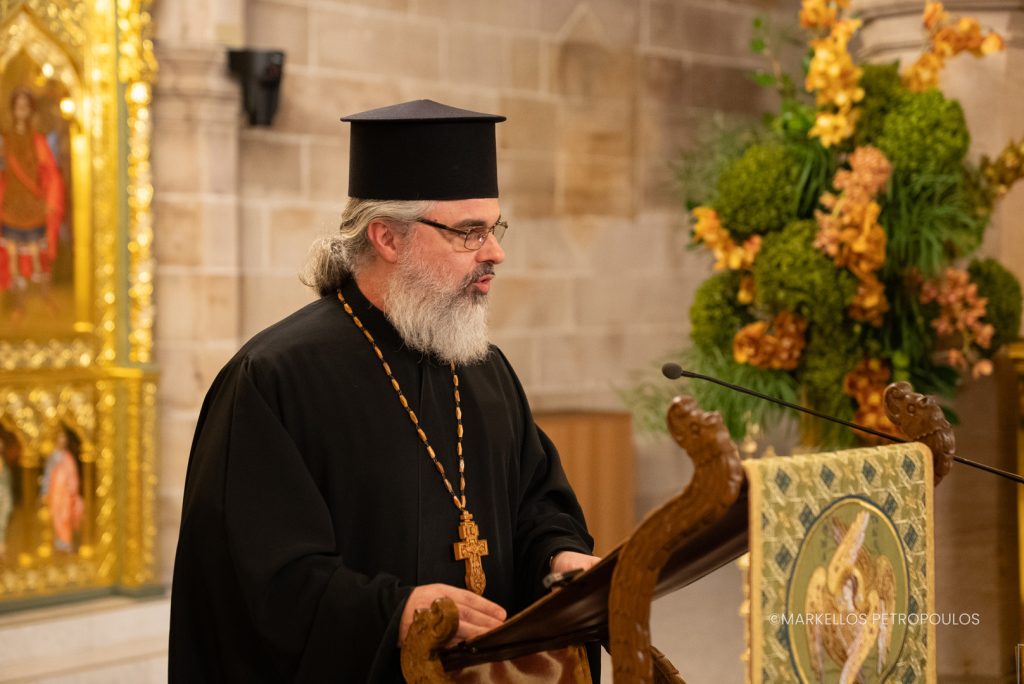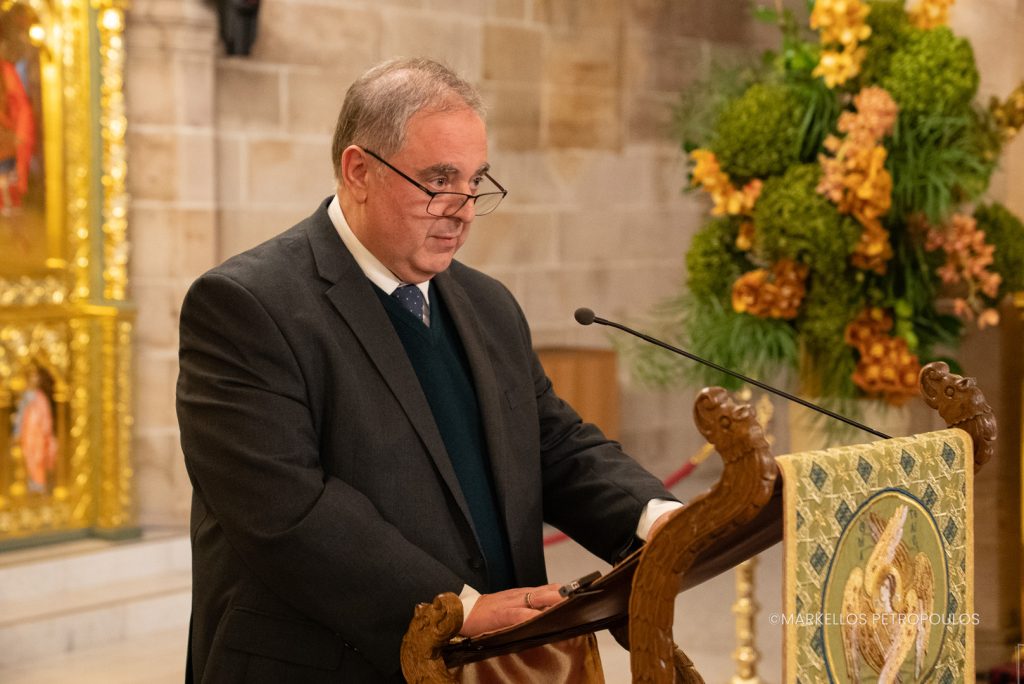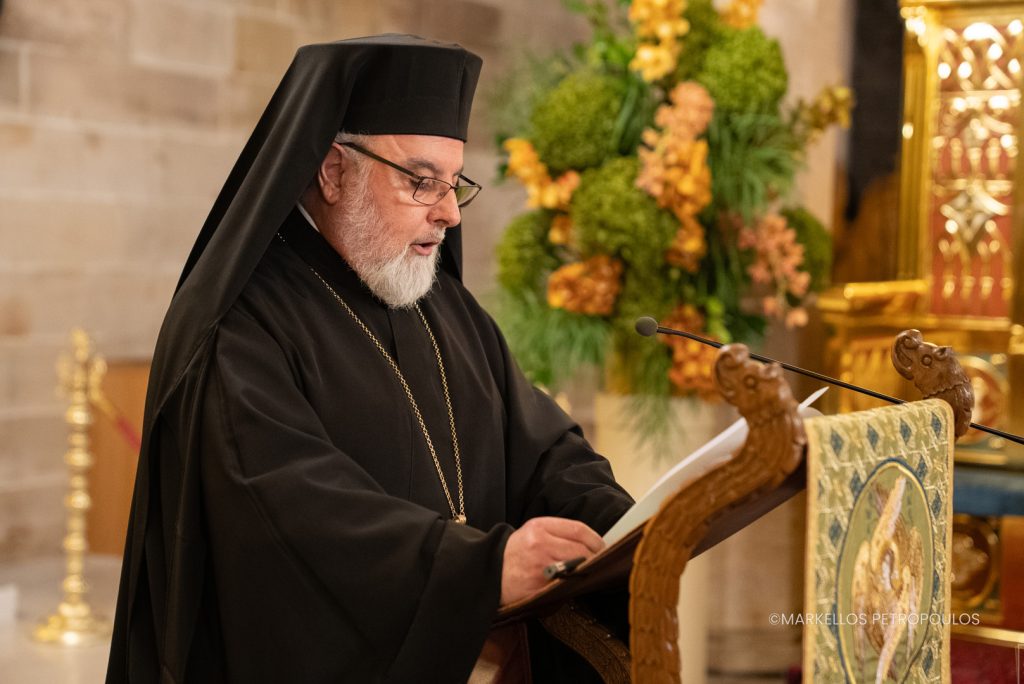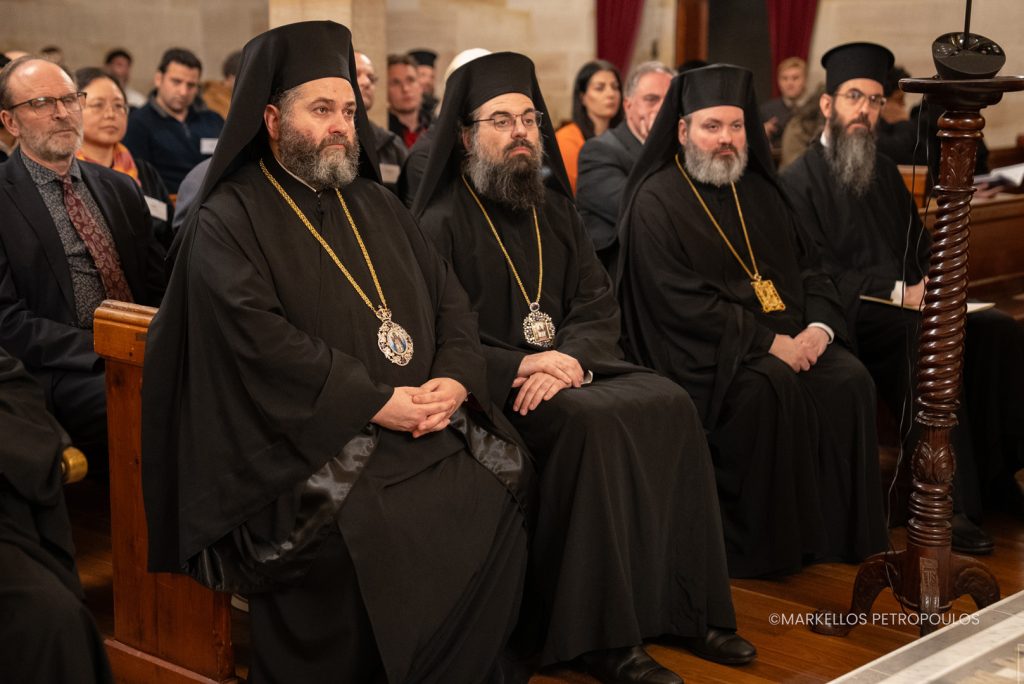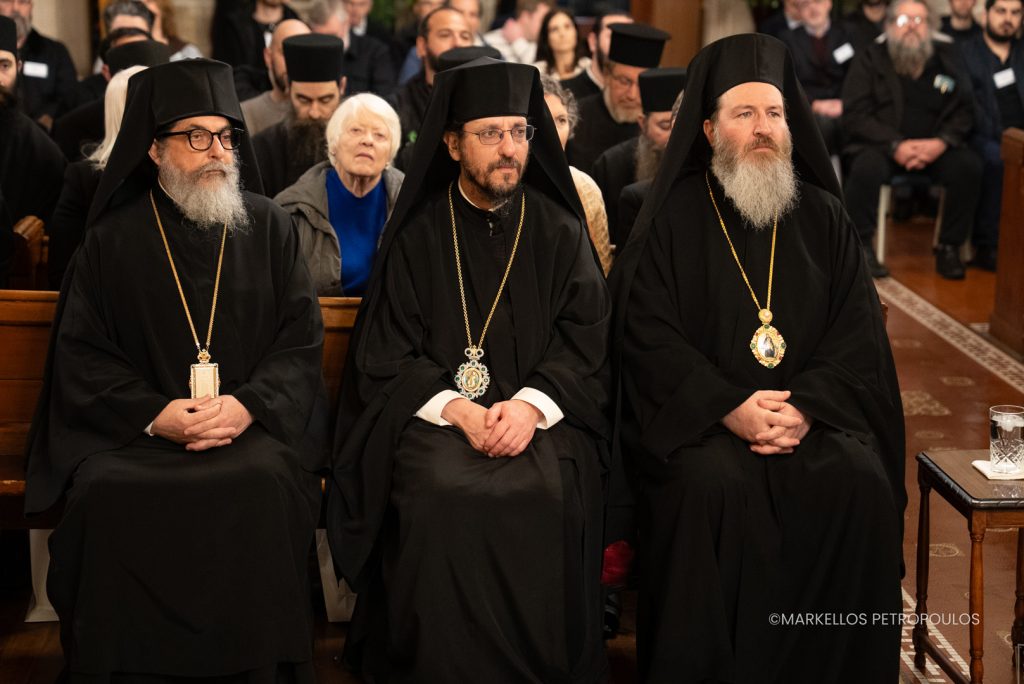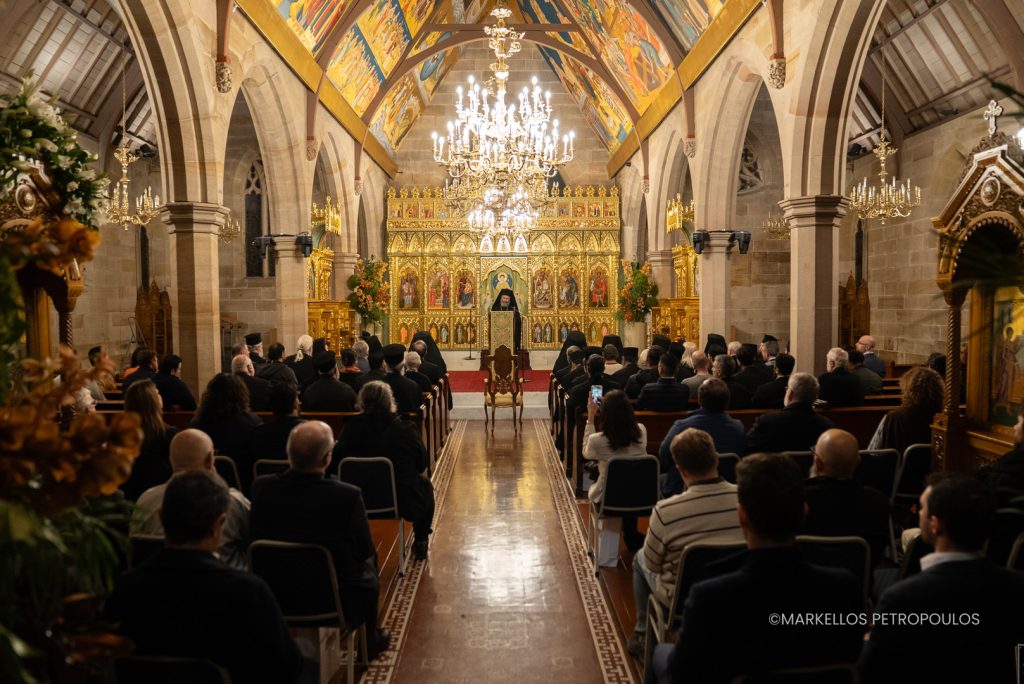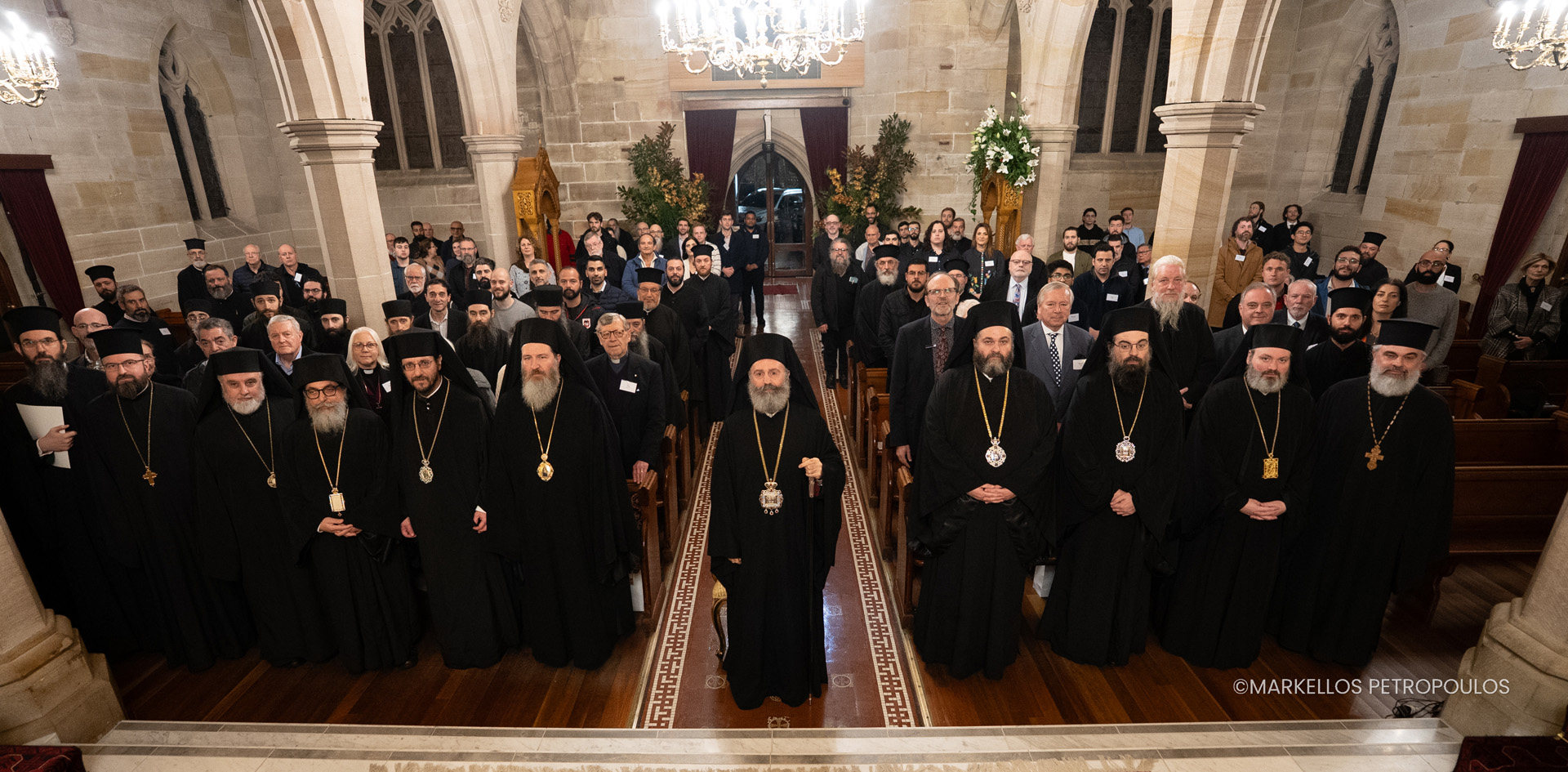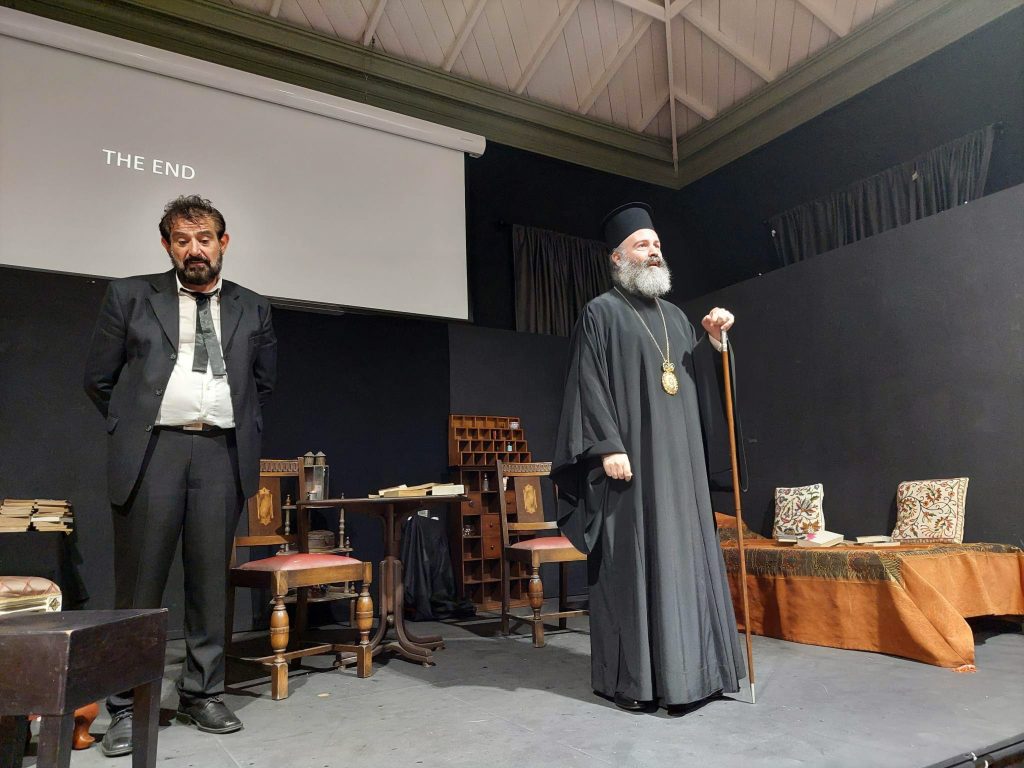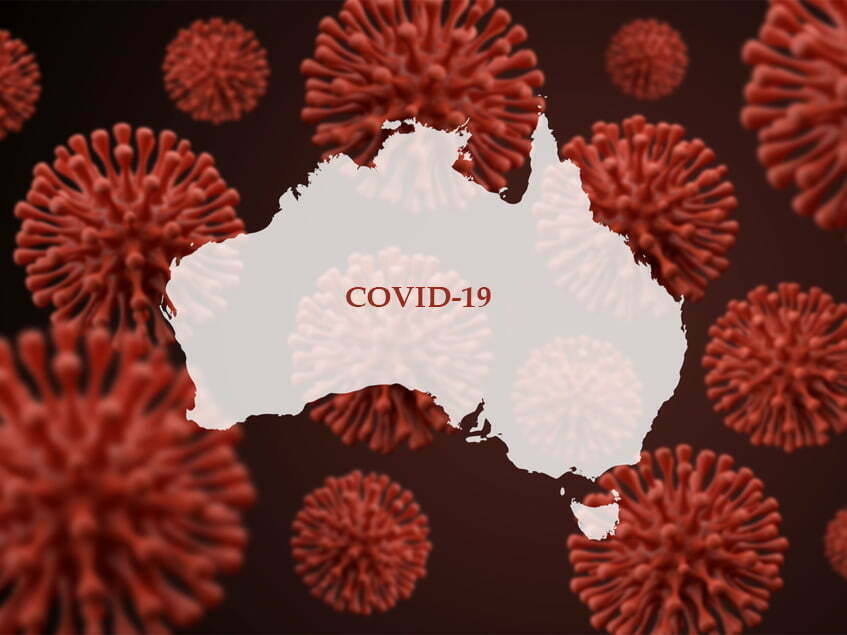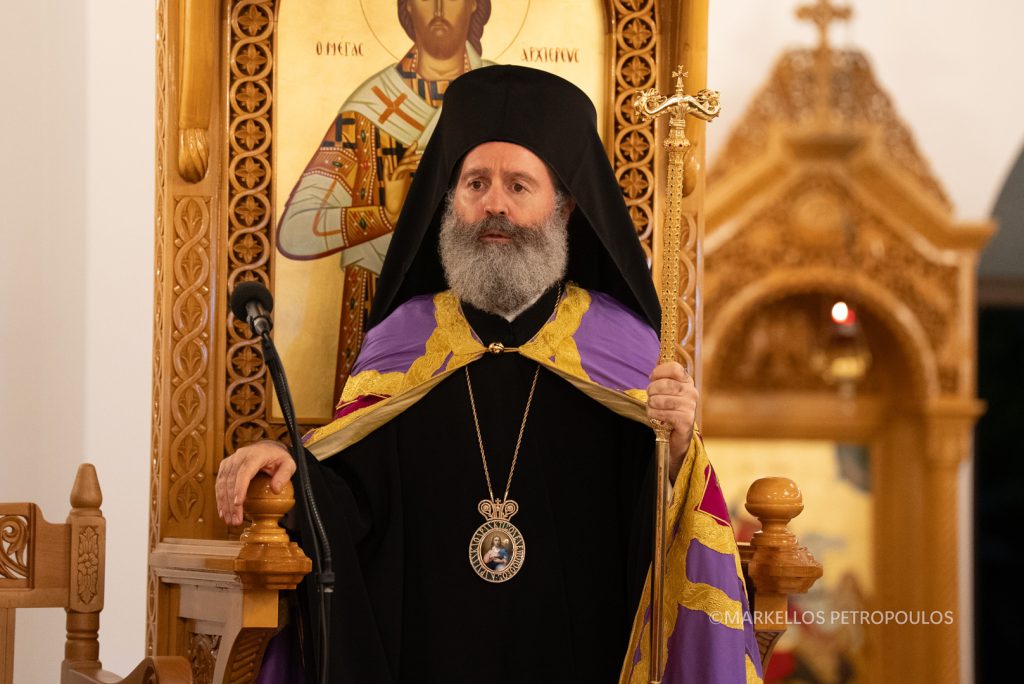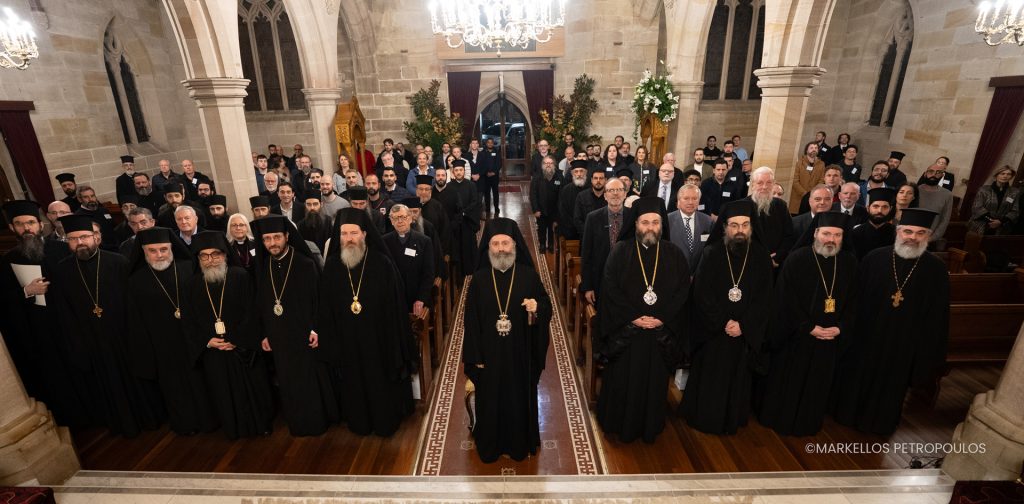
The timeless and multidimensional significance of the First Ecumenical Council of Nicaea was outlined by His Eminence Archbishop Makarios of Australia, during the speech he delivered on the afternoon of Friday, 22 August, at the opening ceremony of the International Theology Symposium on the theme “Nicaea at 1700: A Council for the ages?”, which is being held in Sydney at the initiative of Saint Andrew’s Greek Orthodox Theological College, in collaboration with the New South Wales Council of Churches, and under the auspices of the Holy Eparchial Synod of the Holy Archdiocese of Australia.
Preaching the opening of the Conference, the Archbishop and Dean of Saint Andrew’s Theological College explained that “theology is never just a simple academic exercise; it constitutes a pastoral and ecclesiastical ministry.” “Just as the Apostolic Preaching and the dogmatic formulations of the Fathers remain consubstantial with each other,” he pointed out, “so too must our theology be consubstantial with the life and experience of the Church. Doctrine must be transformed into praise, and truth must culminate in love. For, as our Lord teaches, “by this all will know that you are my disciples, if you have love for one another” (Jn. 13:35). Therefore, as we celebrate 1700 years since the convening of the First Ecumenical Council of Nicaea, we do not simply remember a distant event; we become continuators of its timeless vision and renew our devotion to the Apostolic Faith, which founds the unity and witness of the Church.”
Earlier, His Eminence Archbishop Makarios analysed the individual aspects of the contribution of the 318 Fathers of our Church, who, in the year 325 AD, gathered in Nicaea in Bithynia to defend the truth of the Gospel. He made particular mention of the establishment of a single date for the celebration of Easter, noting that “this concern for liturgical coherence continues to guide contemporary efforts towards visible ecclesiastical unity.”
Furthermore, the Archbishop applauded the collaboration of Saint Andrew’s Theological College with the NSW Council of Churches, for the organisation of the International Symposium, speaking of it as “an expression of our shared commitment to visible unity and common witness in a fragmented world”. He also warmly welcomed the distinguished keynote speakers of the International Academic Symposium: Professor of St. Vladimir’s Orthodox Theological Seminary in New York, Mr. Peter Bouteneff, Professor of the University of Durham (United Kingdom) and the Pontifical University of St. Thomas Aquinas (Angelicum) in Rome, Mr. Lewis Ayres, and Orthodox Cleric and Professor of the University of Aberdeen (Scotland), Fr. John Behr.
The opening ceremony of the International Theology Symposium took place at the Cathedral of the Annunciation of Our Lady. Before the address of the Archbishop and Dean of the Theological College, His Eminence Archbishop Makarios, a Message from His All-Holiness Ecumenical Patriarch Bartholomew was read by His Grace Bishop Iakovos of Miletoupolis. Subsequently, the Fimi (anthem) of the Ecumenical Patriarch was chanted and, after the opening speech, Assoc. Professor Philip Kariatlis, Sub-Dean of Saint Andrew’s Theological College, delivered a greeting.
The proceedings of the International Theology Symposium on the theme “Nicaea at 1700: A Council for the ages?” concluded on the Saturday evening, 23 August. The celebrations of the Orthodox Church in Australia for the 1700th anniversary of the convocation of the First Ecumenical Council will culminate on Sunday, 24 August, with the celebration of a Synodal Divine Liturgy at the Cathedral, presided over by His Eminence Archbishop Makarios of Australia.
